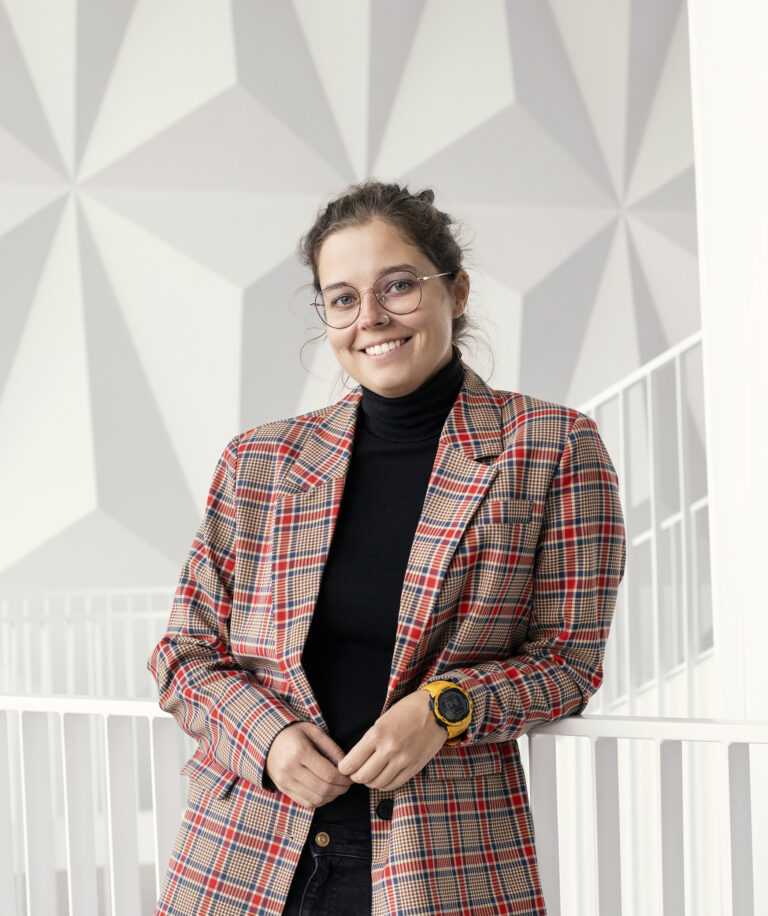Kurkime modernią Lietuvos ateitį kartu
RegistruotisOffice of the President of the Republic of Lithuania
Universal design: creating a centralized system in Lithuania
Problem
In 2010, Lithuania ratified the United Nations Convention on the Rights of Persons with Disabilities (UNCRPD), which aims to promote, protect, and ensure full and equal access to all human rights and fundamental freedoms by persons with disabilities (PWD). The Convention enshrines the rights of PWD to equality before the law, liberty, security, freedom of movement, nationality, independent living, health, employment, education, work, and access to cultural and political life.
Seeking to properly implement the provisions of the Convention, Lithuania has undertaken to create a favorable environment and conditions for a dignified and quality life of PWDs in Lithuania. Universal design is one of the means to achieve this. Universal design (UD) is the creation of environments and products that provide equal access to the same environment, object, or service for everyone. This means that UD principles do not exclude specific groups of people based on their age, size or ability, such as people with mobility impairments, and do not design entrances, pathways, devices specifically for them. Everything is designed to be user-friendly for everyone: for people with different disabilities, for people with temporary health problems or for people in certain situations.
In a global context, around 15% of the population has a disability. In Lithuania, people with disabilities add up to around 8% of the population. However, statistically considering the number of people with temporary health impairments and situational cases (such as families with young children, seniors, etc.), as many as 1.1 million or 38% of the population in Lithuania could benefit from universally designed environments and services. It is therefore important to look at the issue from a broader perspective, and not to think only about one certain group of people.
The situation of the topic, which affects more than every third inhabitant of the country, should be favorable. However, the current situation analysis has highlighted key gaps: there is no coherent understanding of UD, some gaps in the legislative framework, unsystematic data collection, a lack of competent experts in the field, heterogeneous levels of implementation and monitoring of UD in the regions of Lithuania, an uneven distribution of responsibilities among public authorities, as well as a prevailingly negative public attitude.
It is important to underline that there are several initiatives and measures to implement UD in Lithuania. The analysis and systematization of the available data showed that there are about 50 different measures from 22 different institutions to implement UD in Lithuania. Unfortunately, these measures often arise from sporadic and short-term initiatives that do not ensure a systematic and continuous operation of the UD principles. The wide dispersion of information and responsibilities across many different institutions only complicates the implementation and monitoring of UD, and it is hoped that a centralized system would allow for a more efficient operation of universal design in Lithuania.
Goal
To create a centralized universal design system in Lithuania.
Project progress
2023/04/14
Prepared problem analysis
2023/05/15
Prepared current situation analysis in Lithuania
2023/06/15
Developed Universal Design Toolkit
2023/06/15
Prepared analysis of foreign good practices
2023/06/23
Prepared stakeholder map and main takeaways
2023/06/30
Prepared presentation of possible solutions to the stakeholders
2023/08/01
Conducted a survey of municipalities and prepared conclusions of the results
2023/08/30
Prepared recommendations and action plan for ministries and municipalities
2023/09/04
Public presentation of the recommendations


